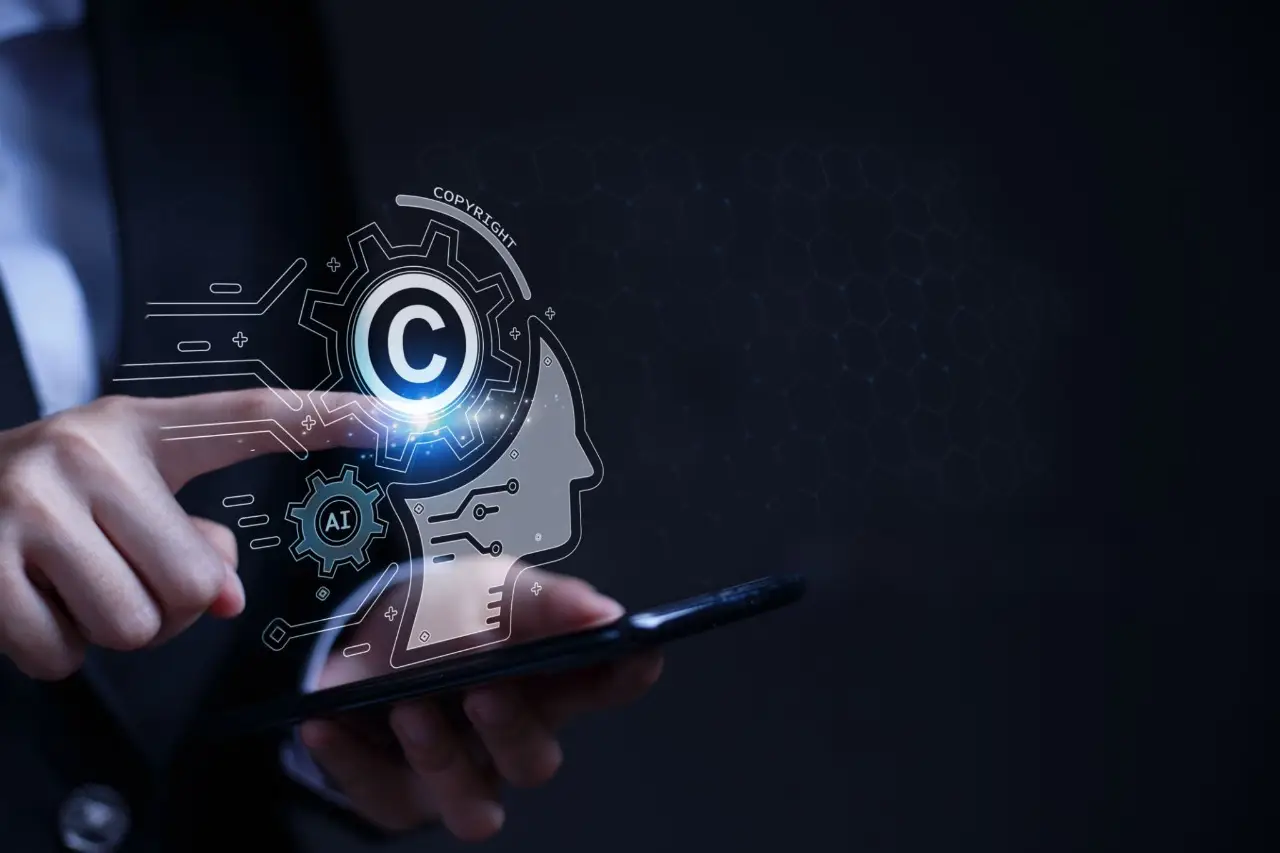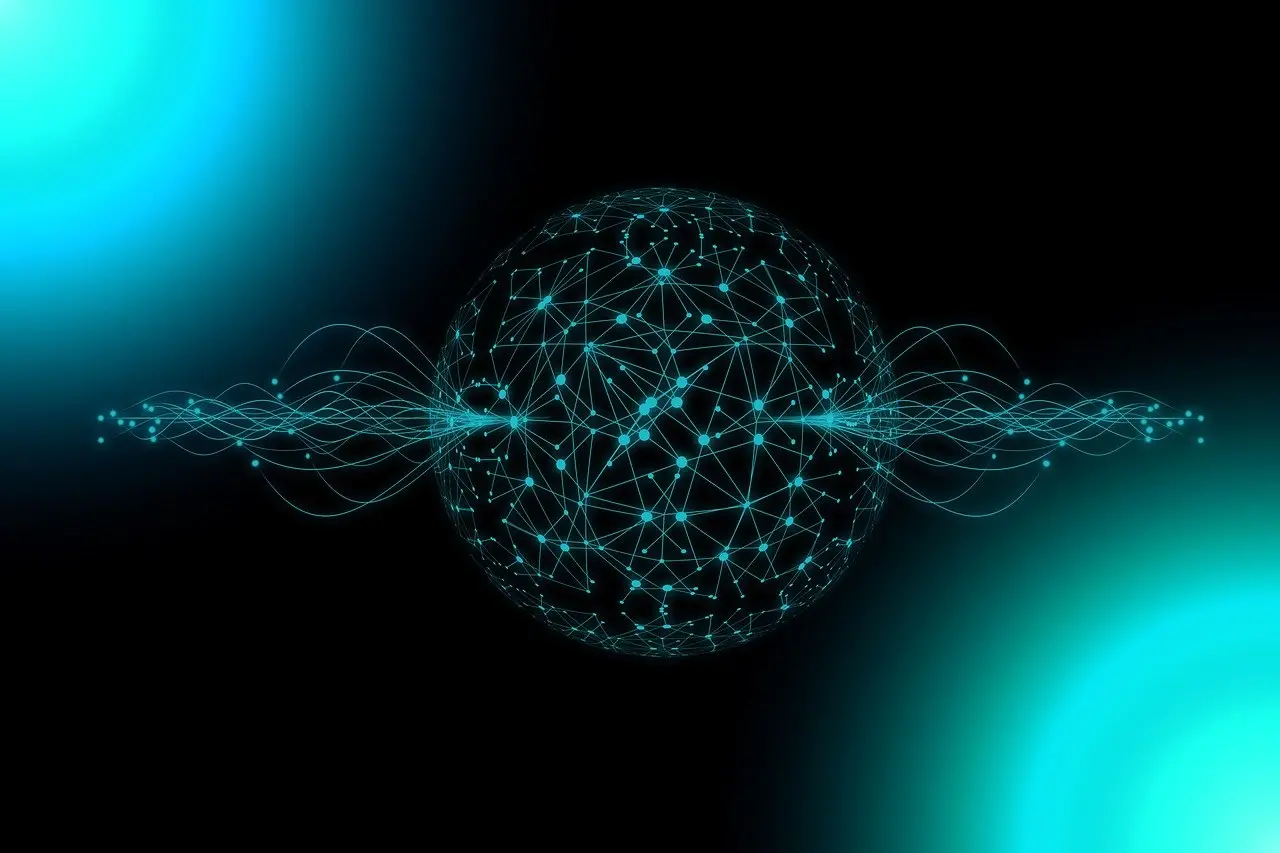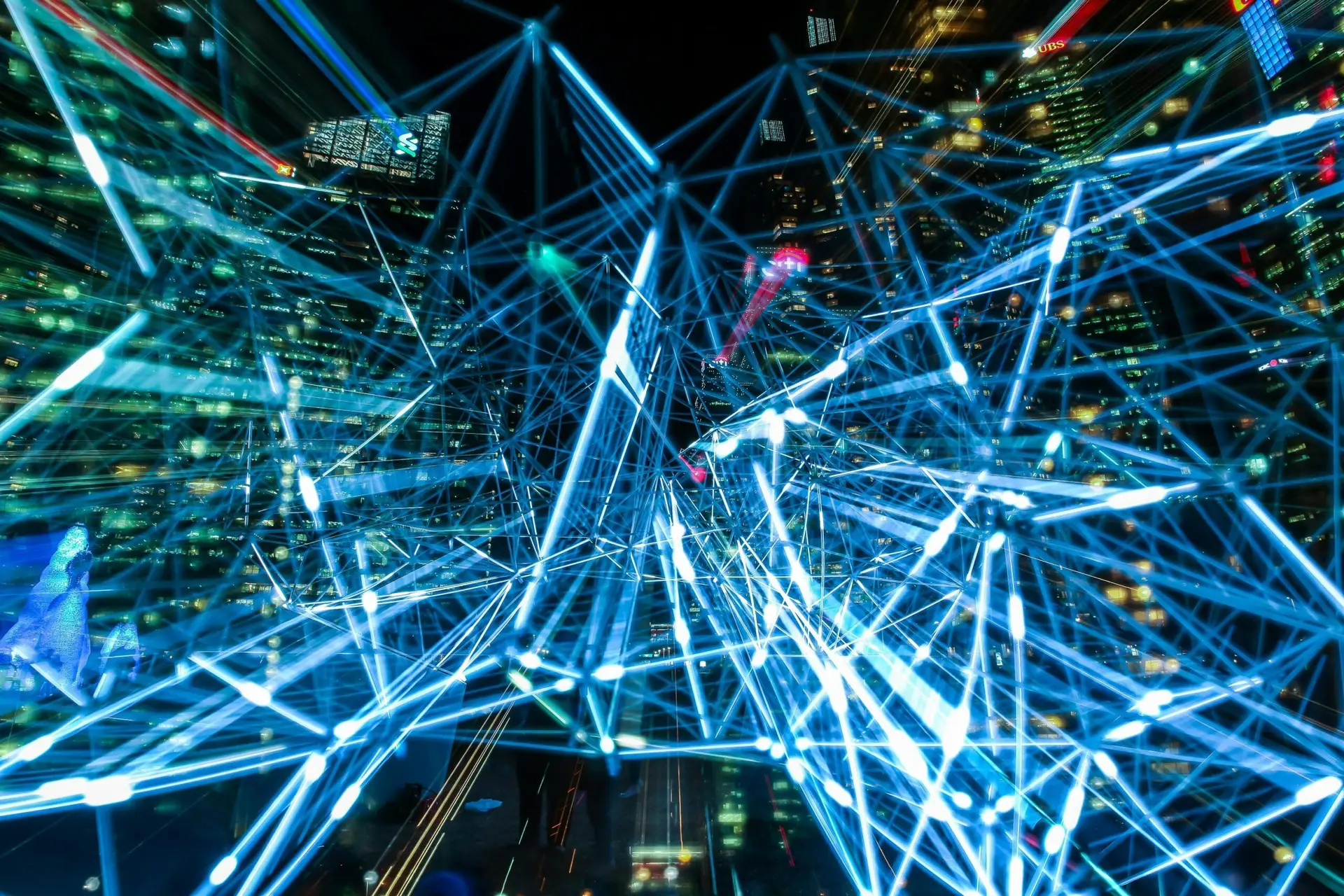In my opinion, AI images are not copyright-free because AI images are generated by a bot. There is no connection with humans, so AI images are not copyright-free. If we generate an image from AI, it is not a copyright-free image. The artificial intelligence bot collects data and ideas from many other websites and generates the image
Sometimes, we use images from AI, but they are not fully copyright-free. On the other hand, we also use copyrighted images. Nowadays, we can get almost all types of images from AI. If we need to make a brand or company logo, we simply command AI with our logo or company details, and then AI creates a unique but copyrighted logo for us. Not only logos, but AI also generates imaginary images based on our commands. There are many types of AI, such as OpenAI, Apple Intelligence, Microsoft Copilot, DeepSeek, etc.
There are some benefits of AI images:
- AI images are easy to create; they are made only by
command.
- In emergencies, we can use AI images.
- If we are not experts in image editing, we can get help
from AI.
- If we need unique but copyrighted images, we can use
AI.
As
with the benefits, there are some downsides to using AI-generated images:
- AI-generated images are not unique.
- AI-generated images are copyrighted.
- These images cannot be used for business or branding
purposes.
- If we look at an AI-generated image, we can see that it
is AI-generated.
There are many things involved in
making an image or logo.
- If we see a logo made by a human, that logo is unique
and detailed.
- If we see a photographer’s image, we can tell that it
is natural.
- If we see an occasional picture generated by a human,
it is very charming.
But if we use AI to create a logo,
the logo is not fully detailed and also not unique. If we create a nature image
using AI, it does not look natural. If we generate an occasional photo using
AI, it is not realistic.
AI-generated images fall into a legal gray area when it comes to copyright.
No human authorship, no copyright – In many jurisdictions, including the United States, copyright law requires human authorship. Since AI lacks human creativity, fully AI-generated images are generally not copyrightable.
User input matters – If a human makes significant
creative contributions (e.g., detailed prompts, editing, or enhancements), the
image may be eligible for copyright protection. However, this is still being
debated in court.
Platform terms of service – Some AI image platforms
(such as OpenAI’s DALL·E or Midjourney) grant users the right to use the images
they create, but they do not necessarily provide copyright protection.
Copyright risk – If an AI-generated image closely
resembles an existing copyrighted work, this could lead to legal disputes over
derivative works or infringement.
Different laws in different countries – Some countries
may allow AI-generated works to be copyrighted under certain circumstances, but
there is a lack of consistency worldwide.
Conclusion:
Pure AI (without human input) images are not copyrightable in many places. If you create or use artificial intelligence (AI) images, check the platform’s terms and conditions and local laws. If you make significant changes, you may be able to get some copyright protection.



